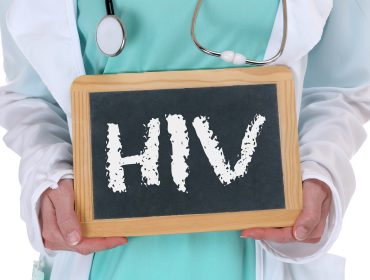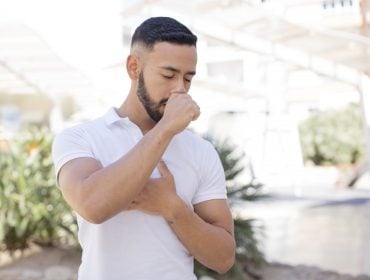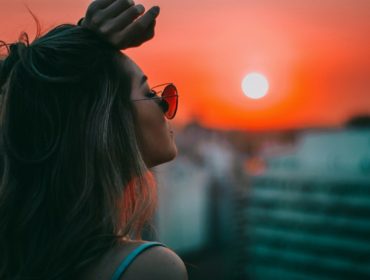My HIV Story: In the End, I’m Grateful
I grew up in a very religious household where being gay was considered a sin. Even as young as three years old, I remember liking boys, but didn’t know why and didn’t see why my parents were so vehemently against it. Because of their upbringing, I suppressed my desires towards boys until I was nineteen and my parents had separated. Their separation distracted them from what I was doing behind closed doors.
I was struggling with if I should come out or not, or if it was safe since the passing of my grandmother (the only openly supporter of gays in my family), and the separation of my parents was already going on. I stayed with my mom and brother after the divorce. She lost house after house, and we eventually moved into a motel where I spent three months sleeping on the floor. I was deeply depressed.
My life was a mess and going nowhere. I was not in school or working, and I spent my days on my phone watching YouTube. That is where I discovered a dating app called Grindr. A YouTube star, Shane Dawson, mentioned it in a comedy skit he had done and very vaguely described what it was for. It piqued my interest enough for me to download it. I began to use it as a vehicle to explore my attraction to other guys.
The first time I went on Grindr felt like people like myself surrounded me. I very quickly realized this app was a safe space for gay men to find other gay men to hook up with rather than to date. As a nineteen-year-old guy, sex was a huge part of exploring my sexuality. Not long after chatting with an older man, we decided to meet up. I asked him if he was “clean” and he said yes. Clean is a slang term used to describe one’s sexual health status; being clean is to be free of STIs; therefore, the implication of not being clean is “dirty.” Now, in my nineteen-year-old naivety, I believed him when he said he was STI free. I don’t know if it’s the fact that I live in a more conservative city where sex education is sub-par, and sex was discussed in very little detail, and gay sex was not even mentioned.
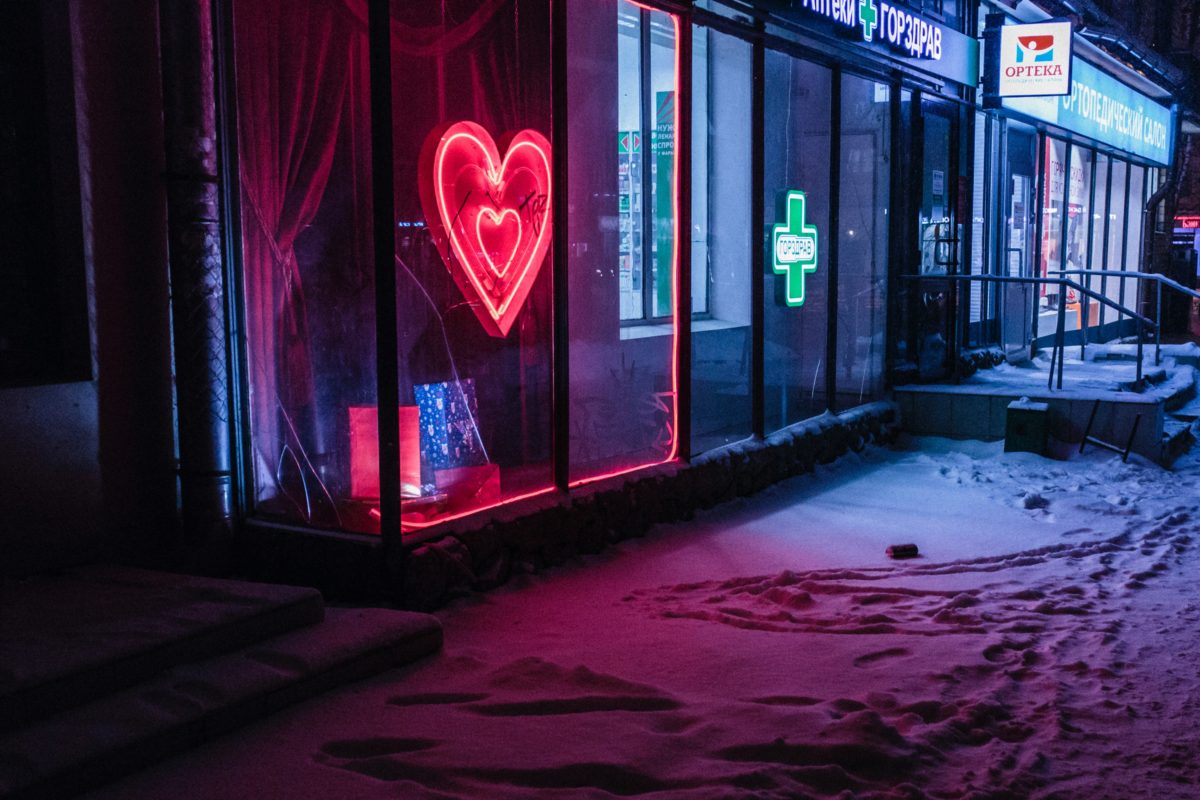
I was unaware of the high STI rates in my country and of the stigma that comes with testing, leading to many STIs being transmitted just out of fear of getting tested. The older man and I had unprotected sex. I was overwhelmed with adrenaline and elated to have sexual intimacy with a man finally, but it came with a price. I contracted HIV from the first person I ever slept with. A random stranger from Grindr. I never got his name, nor did I care to at the time. I didn’t find out until six months after the hookup, that I had contracted HIV. February 19, 2014. I knew he had given it to me because he was the only person I had ever done anything with and I don’t use drugs. I contacted him immediately after finding out, but he adamantly denied giving it to me and blocked me on Grindr. I created countless new accounts but never saw him online again. To this day I have no idea if he ever went and got tested or treated or how many other men contracted HIV from him.
I was infuriated and felt all hope of living a normal life left me. I wasn’t out to my parents yet, and now I was a stereotypical gay person: a disease-ridden man who liked other men. I battled with thoughts of keeping this information to myself and letting the disease kill me or of telling my parents and possibly being disowned. After sitting with these feelings eating away at me inside, I finally broke down and told my mother.
She thought I was joking when I told her, but when I started uncontrollably sobbing next to her, she broke down too and said to me that she would always love me no matter what. That night, we talked for hours about what I needed to do moving forward to get help, and she told me that we would figure this out.
My mother’s reaction made me feel more confident in disclosing my status to my dad, but his response was not parallel with my mother’s. My father told me that he was disappointed in me and berated me with questions on how I could have possibly let this happen as if this was something that I had actively sought out. His reaction did the opposite effect that my mother’s did, and I wasn’t sure how I would tell my two closest friends, Helen* and Kelly*.
I feared facing the same reaction as my dad, so I told them separately and in different ways. With Helen, I told her on a rainy day after grabbing food while sitting in her car. She reacted with sympathy but followed that day with a week of ignoring me. She eventually told me that she was scared for me and didn’t want to lose me, so she distanced herself from me. Kelly is my best friend and was the hardest person to tell, so I messaged her mother, Diana, and told her what was going on with me and asked her if she could tell Kelly. Diana was like a second mother to me and reacted in the same manner that my mother did: with love and support. Diana agreed to tell Kelly, but she responded the same way as Helen. My two closes friends ignored my existence after receiving my devastating news.
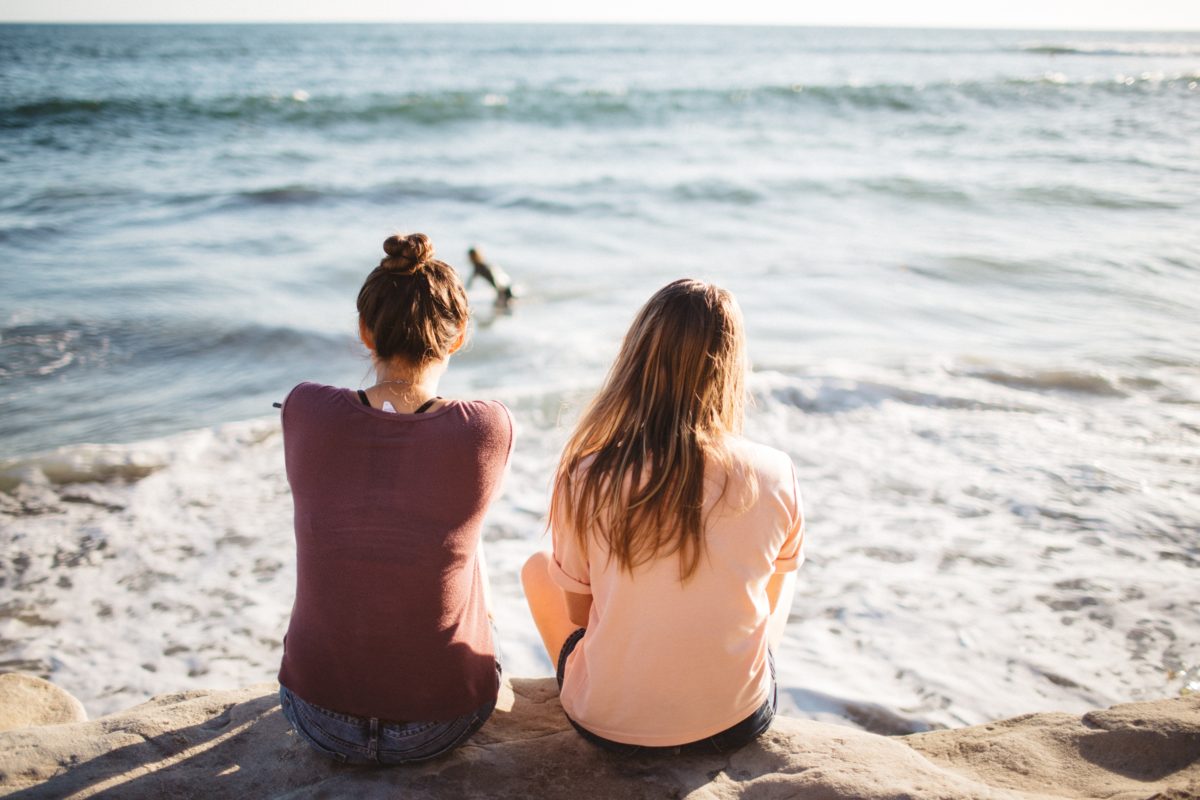
My depression had gone to the next level, a level at which I never wanted to return to. Nine days after my diagnosis, I attempted suicide for the first time. I was institutionalized for a few days and saw therapist after therapist, as well as a psychiatrist. The psychiatrist told me that I would live a normal life, but I didn’t believe him. I hadn’t been taught that while growing up and thought I was going to die prematurely. In March of 2014, I, along with my parents, met with an infectious disease doctor who went over in detail what HIV was, the history of it, and how the medication she would put me on worked to suppress the virus within my body. She assured me that I would be fine, this didn’t sink in yet though. It wasn’t until my second suicide attempt that I would finally become okay with having HIV and believe what I had been told by two separate doctors.
My dad had a co-worker whose aunt had been diagnosed with AIDS in 1984 and brought her to meet me at the mental institution. Her name was Cynthia. She was in her mid-sixties. She smiled when she saw me sitting in my tears at a table in the visitor’s area. She came over, and I stood up to shake her hand, but instead, she gave me a big bear hug. I collapsed into her warm embrace and cried. She hugged me even tighter, stroked my hair, and told me that everything was going to be okay. When I finally calmed down long enough to catch my breath, she wiped the tears from my face and told me about herself. She told me about her diagnosis, what she had gone through, the reality of living with HIV, and what others were going to say. But she assured me that life was a gift and that even with HIV it was still going to be great!
Cynthia wasn’t wrong when she told me about the kinds of ignorance on HIV I would encounter being HIV positive. I have a laundry list of what I wish people not living with HIV knew about it. First and foremost would be student education. When I was in high school, I was taught things about HIV as if it were still 1981. I wasn’t informed about new medical advancements in screening for HIV or about progress in medication for HIV treatment and prevention. This lack of education has impacted millions of people’s perception of HIV and consequently how they go about behaving towards those who have HIV.
On two separate occasions, I had someone close to me think that just by being around me they would somehow result in contracting HIV. They avoided seeing me for over two months after finding out that I was positive, just out of ignorant fear of me being contagious. They dislike germs which is understandable, but their lack of knowledge on HIV deeply offended me and made me feel like I should be put on an island away from “clean” people. The second time I encountered this fear was at my aunt’s house. I was visiting my cousin, and her mom entered the room, offering a glass of water. I graciously accepted the water, and we all moved out into the living room to catch up. Once I finished the water, my aunt took the glass into the kitchen and proceeded to throw it away right in front of me. I almost broke out into tears right then and there.
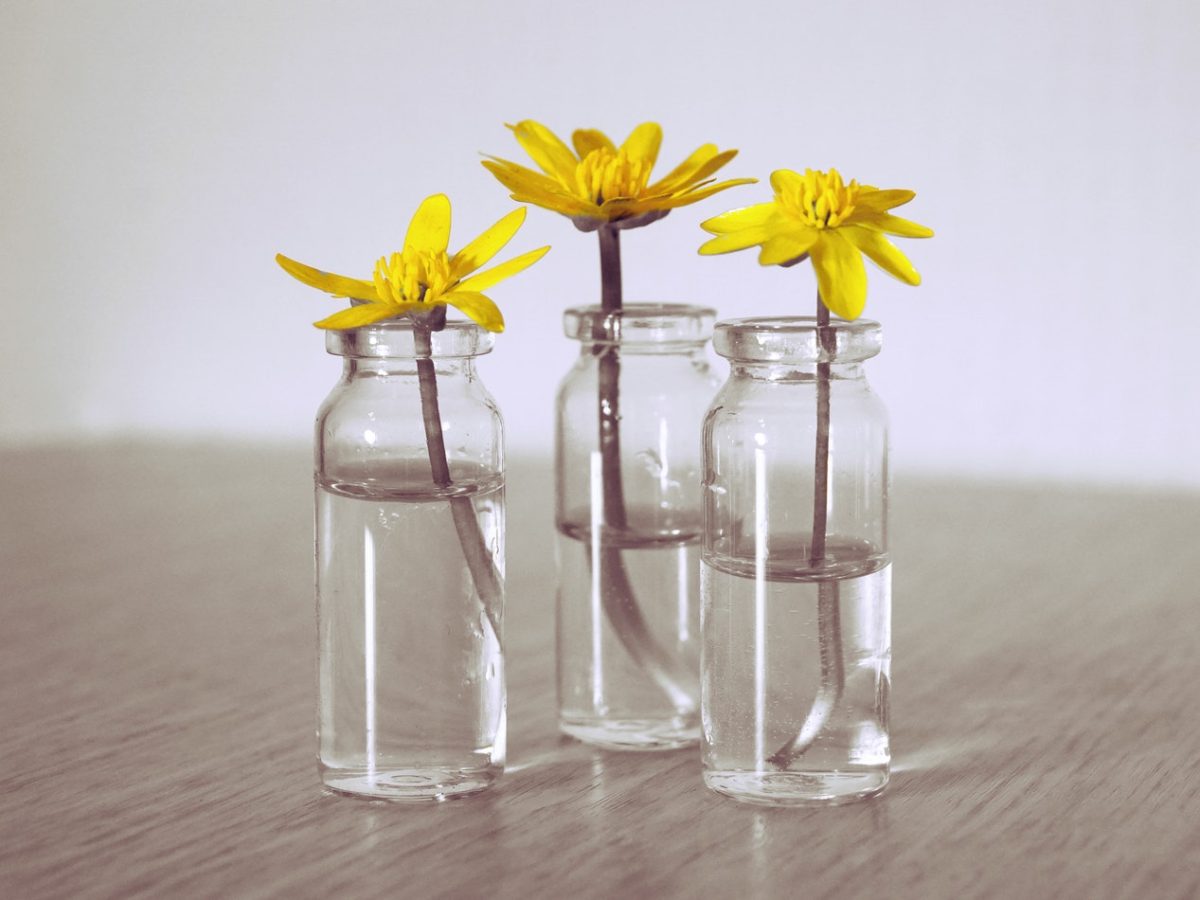
I also wish people had an accurate perception of HIV (especially in the gay community). I have encountered so many guys who were willing to hook up before I revealed my HIV status, but after I told them, they’d change their minds and didn’t want to hook up anymore. Most of those guys that turned me down were willing to have unprotected sex with me until they found out that I have HIV. The reason this bothers me is because of that ignorant mentality is how I ended up with acquiring it in the first place. Someone saying that they are HIV negative doesn’t mean they are, nor does someone saying that they are positive mean that they can or will pass it on. Condoms are not one-hundred percent effective in preventing the transmission of STIs even when used properly. Hook up culture in the gay community is full of promiscuity, which is perfectly okay, but everyone should be responsible and properly educated on STIs, risk factors, getting tested for STIs routinely, and being open to discussing sexual health statuses. Grindr is one hookup app that has done a phenomenal job at trying to combat the stigma that comes with HIV and educate the LGBTQ+ community that uses the app about HIV and also what it means to be undetectable.
The ignorance about HIV and stigma that surrounds it is depressing, heavy, and sometimes frightening. I have been sent death threats on online dating apps, been called names, and shunned by members from all kinds of communities for being forward with my HIV status.
I am so upfront and open about my status because of the stigma that people living with HIV are sick whores that are going to live a short and unfulfilling life is entirely false. I struggled to get to a point where I accepted my HIV status, but now I feel amazing. I’m in school studying American Sign Language with a 3.91 cumulative GPA. I’m looking forward to the bright and rich future I have ahead of myself; life is amazing in spite of having HIV. I spent the first year thinking about how my life would be different if I didn’t have HIV, but now I’m so grateful that I got it. I have learned and grown so much because of this. I’ve become a better person, and with that, have been able to educate those close to me about HIV and help destigmatize the disease. I understand the reasons why some view HIV as a negative life event, but by educating others about HIV, I believe society will become more accepting and less afraid of those living with HIV.
Through my couple years at college, I have been able to share my story and spread love and positivity about HIV; I plan to continue to share my story, at a four-year school and expand people’s perceptions of HIV thanks to my experiences and the knowledge I’ve gained since being diagnosed.
** Names were changed and everything was anonymized for the student’s privacy **
Secure and Confidential
STD testing services
The fastest results possbile - available in 1 to 2 days



